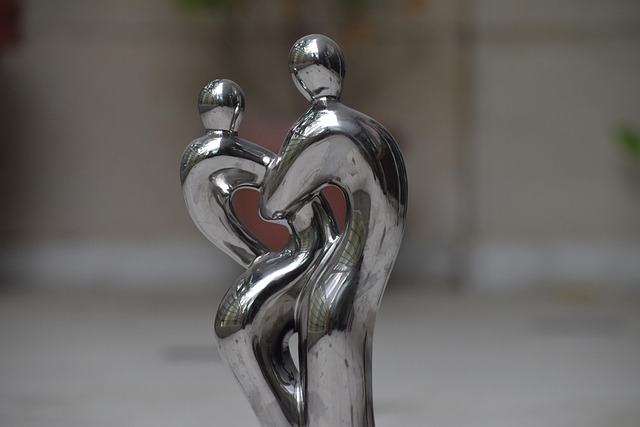Hypervigilance is often mistaken for intuition. It can feel like you’re just being careful, just making sure everything is okay. But when you find yourself constantly checking your phone, overanalyzing someone’s tone, anticipating rejection before it even happens, or bracing for the worst in your relationships, what you’re experiencing isn’t awareness—it’s survival mode.
Hypervigilance in a connection happens when you are wired to expect something to go wrong. Maybe you grew up in an environment where emotions were unpredictable, love felt conditional, or conflict came out of nowhere. Maybe you were in relationships where you had to monitor every little shift in energy just to stay emotionally safe. Over time, your nervous system learns that connection is a battlefield—you have to scan for danger, read between the lines, and stay one step ahead so you don’t get blindsided.
This kind of preemptive threat detection can look like a lot of things: checking your phone repeatedly to see if someone has responded, rereading messages to make sure you didn’t say something wrong, over-explaining yourself to avoid being misunderstood, watching for any slight change in someone’s behavior that might mean they’re upset, or assuming silence means something is wrong. It’s exhausting, but it feels necessary. Your brain believes that if you can catch the problem early, you can control the outcome. If you can see the threat before it hits, you can soften the blow.
But the reality is, this hyperawareness doesn’t prevent pain—it just prolongs it. The cost of always being on guard is that you never truly get to relax in your relationships. Even in moments of peace, there’s tension underneath, a quiet but persistent belief that something could change at any moment. And if you’re always preparing for loss, disappointment, or rejection, you never get to fully experience love, connection, or security. Instead of being in a relationship, you’re constantly managing it.
Hypervigilance also affects how you show up. When you’re always anticipating rejection, you might start overcompensating—trying too hard to please, suppressing your needs to keep things smooth, or bending over backward to avoid conflict. Or, you might pull away first, creating distance before the other person gets a chance to. You become so focused on protecting yourself that you stop allowing yourself to be seen, to be vulnerable, to trust. The very thing you fear—disconnection—becomes the thing you unconsciously create.
So how do you break the cycle? The first step is recognizing that hypervigilance is not connection. Constant monitoring does not deepen relationships; it keeps them in a state of tension. Real connection requires trust—not just trust in the other person, but trust in yourself. Trust that you will be okay, even if someone is upset or disconnects. Trust that you don’t have to control every interaction to be loved. Trust that your worth is not dependent on how well you manage someone else’s emotions.
Healing from hypervigilance means allowing yourself to sit with uncertainty. It means resisting the urge to check your phone every five minutes for reassurance. It means noticing when you’re bracing for a problem that doesn’t actually exist. It means catching yourself when you start over-explaining or over-apologizing just to keep someone happy. It means recognizing that you do not have to predict the future in order to be safe.
Instead of constantly scanning for threats, practice grounding yourself in the present. Ask yourself: Is there actual evidence that something is wrong, or am I reacting to a fear that isn’t real? Learn to tolerate discomfort rather than rushing to resolve it. Allow people the space to have their own emotions and reactions without feeling like you have to manage them. Remind yourself that love or connection is not something you have to earn by being hyper-aware of every potential shift in the dynamic.
The goal isn’t to become careless or indifferent. It’s to recognize that hypervigilance is not connection —it’s self-protection disguised as connection. And real connection, the kind that is safe and fulfilling, does not require you to be on high alert. It allows you to exhale. It allows you to just be.













